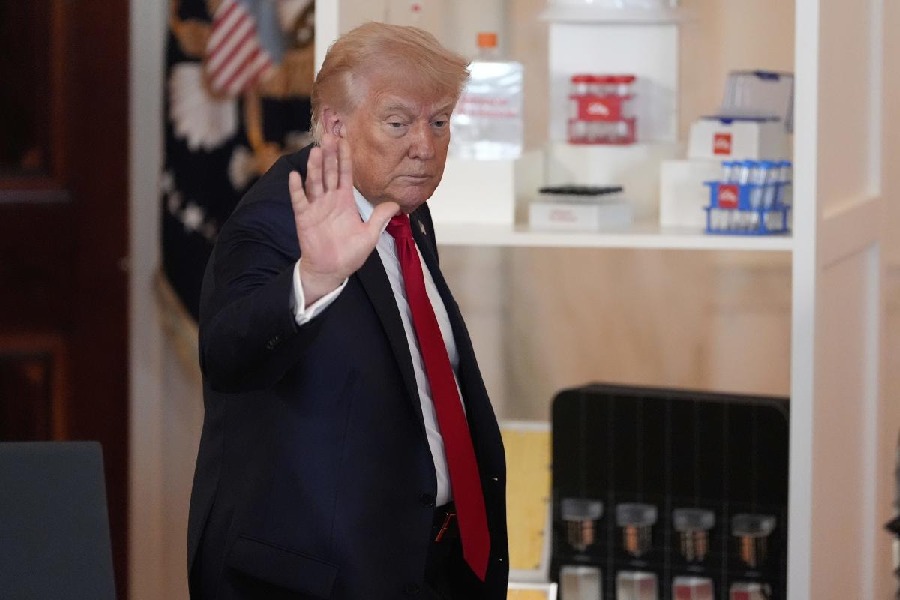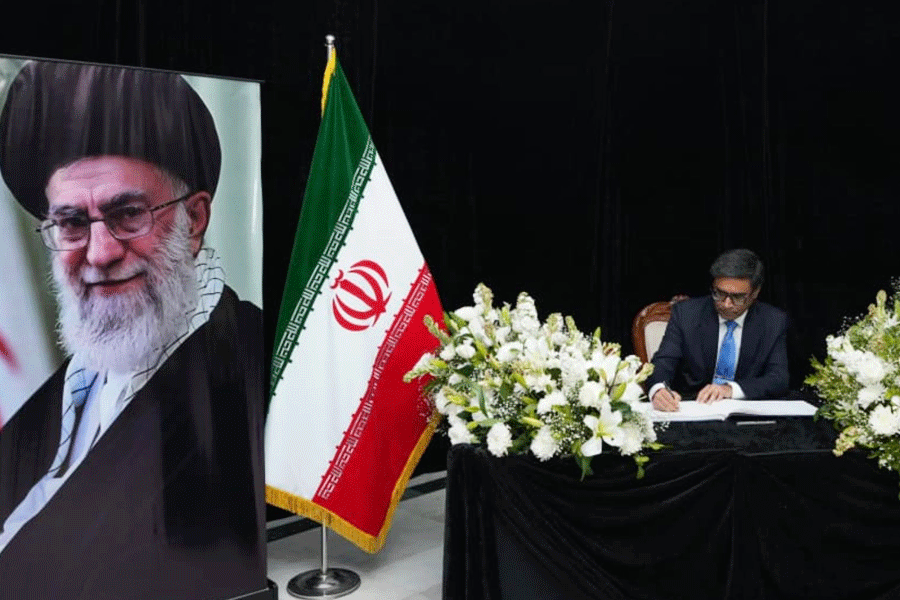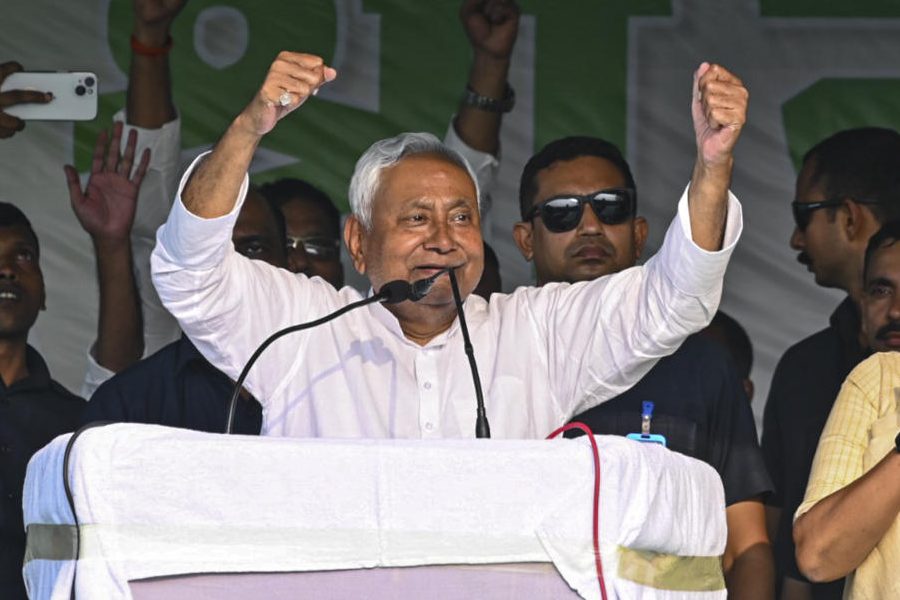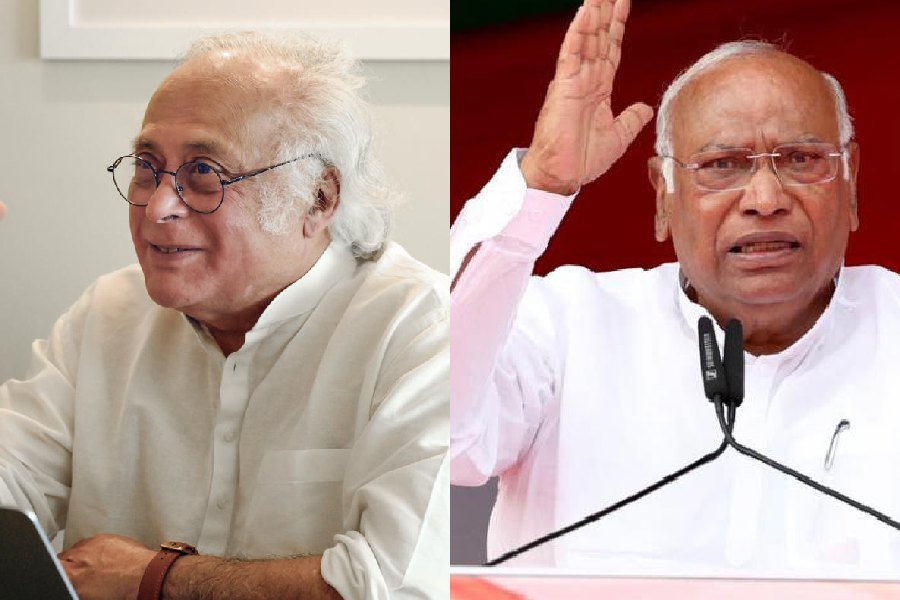President Donald Trump has agreed to cut tariffs on UK autos, steel and aluminium in a planned trade deal with Britain, which would buy more American beef and streamline its customs process for goods from the United States.
The symbolically resonant agreement still has yet to be finalised, but it suggested that Trump was still able to negotiate with other countries after his vast set of tariffs stoked fears around the world of an economic downturn and higher inflation.
The announcement provided a political victory for UK Prime Minister Keir Starmer and offered a degree of validation for Trump’s claims that his turbulent approach on trade may be able to rebalance the global economy on his preferred terms.
The US president talked up the agreement to reporters from the Oval Office, even as the fine print remains in flux.
“The final details are being written up,” Trump told reporters. “In the coming weeks, we’ll have it all very conclusive.”
The president said that the agreement would lead to more beef and ethanol exports to the UK, which would also streamline the processing of US goods though customs.
Commerce secretary Howard Lutnick said the baseline 10 per cent tariffs would stay in place, while UK officials said that Trump’s auto tariffs would go from 27.5 per cent to 10 per cent on a quota of 100,000 vehicles and the import taxes on steel and aluminium would go from 25 per cent to zero.
Starmer, speaking over the phone to Trump, stressed the importance of the relationship between the two countries as the anniversary of the World War II victory in Europe was being commemorated.
“To be able to announce this great deal on the same deal 80 years forward, almost at the same hour and as we were 80 years ago with the UK and the US standing side by side, I think is incredibly important,” Starmer said.
The planned deal was the first outlined since Trump began his stutter-step efforts to rewire the global economy by dramatically increasing import taxes in an attempt to increase domestic manufacturing.
The Republican president quickly rolled out tariffs after returning to the White House, targeting traditional allies such as the UK with import taxes on steel, aluminum and autos.
The US already runs a trade surplus with the UK, making it a bit easier to find common ground as Trump has staked his tariffs on specifically eliminating the annual trade deficits with multiple nations he says have taken advantage of the US.
BoE cuts rates
The Bank of England cut interest rates on Thursday to tackle the expected hit from US President Donald Trump’s tariffs but a surprise three-way split among policymakers cooled expectations that it might speed up future moves.
The BoE’s rate-setters voted 5-4 in favour of cutting borrowing costs by quarter of a percentage point to 4.25 per cent.











